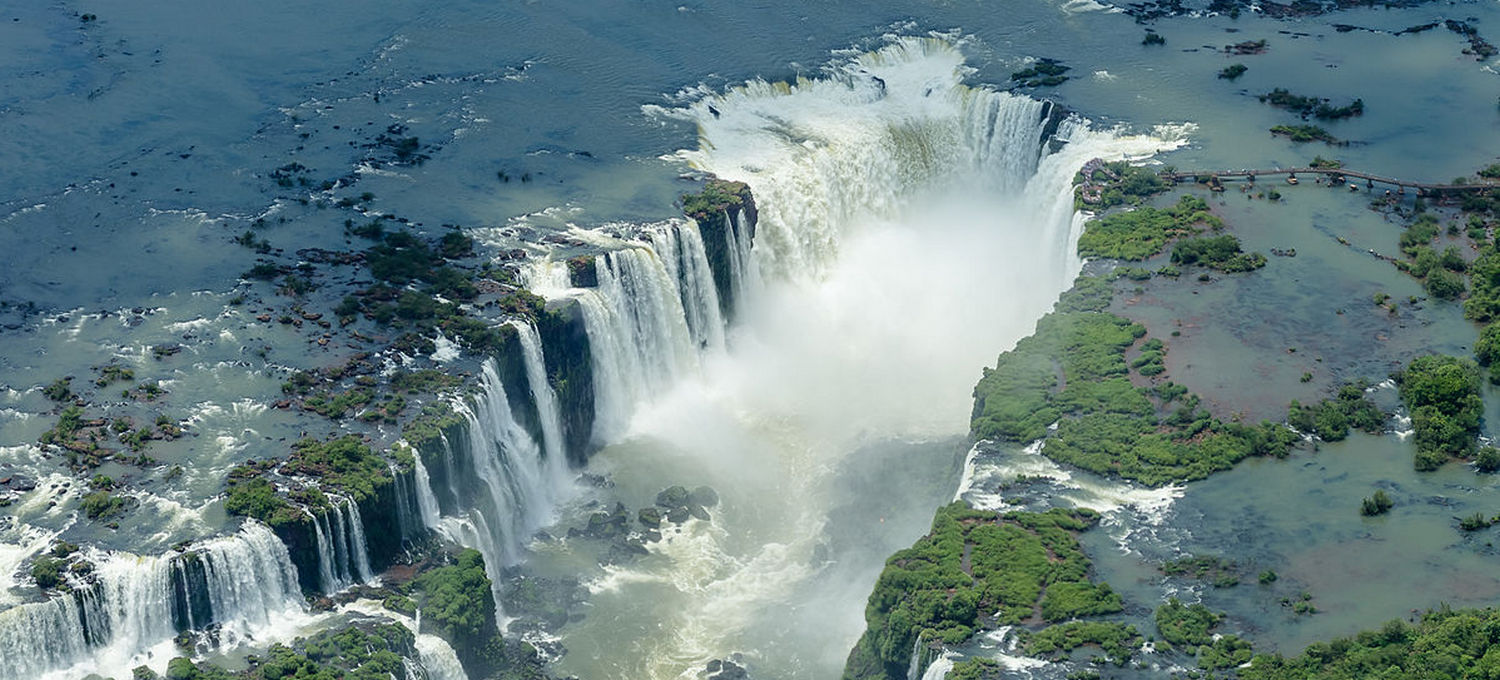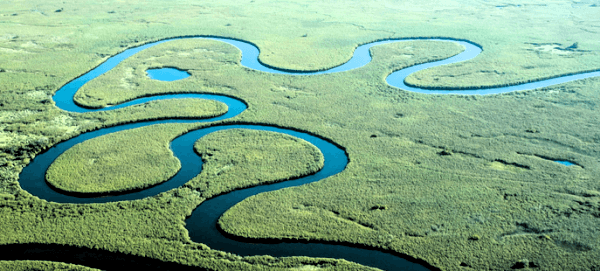Rivers have been central to the development of human civilisation, and still provide us with many of our basic needs. They can also be amazingly destructive and little wonder why huge amounts of money has been spent studying the dynamics of our river systems. Read on to find out more.

Why do we need to study drainage basins? Well, rivers have been central to human civilisation for time immemorial. Which means for thousands of years. We know this already – ancient Egypt was founded on the Nile, Babylon was founded between the Euphrates and the Tigris, and Rome was built on the banks of the Tiber. Perhaps a little more obscure but no less important are the civilisations that flourished in the Indus, Limpopo and Zambezi valleys. Then there are the great cities of Europe which were founded on important rivers – London, Paris, Budapest, Vienna and Prague. And of course their Asian counterparts – Bangkok, Shanghai and Beijing. This of course is by no means an exhaustive list.
.....still central to our modern lifestyles
Our civilisations are totally dependent on the rivers on which they were founded. Dependent for water, for irrigation, for nutrient rich, silt-laden floodwaters. Rivers supported fishing industries, pottery and brickmaking industries and provided conduits for transport – all were central requirements for the ancients and are still central to our modern lifestyles. Rivers have supported us for thousands of years, bringing new life and fertility to often dry and difficult environments.
...to discard them amongst all the other debris
However, they can also be immensely destructive. Flash floods can lead to rivers breaking their banks and carrying away humans and livestock in the raging waters. Those self-same waters also destroy houses and civic buildings, scour out foundations for bridges, dump tonnes of mud and silt into our structures, damage sensitive infrastructure, particularly electric and electronic installations, and sweep expensive equipment and vehicles downstream to discard them amongst all the other debris that accumulates as the flood waters recede.

Which brings us to this juncture. Because rivers have played such a central role in our history by supporting our civilisation, and because they can also be so destructive, a great deal of time, effort and money has been spent on understanding the processes that govern their behaviour so that we are better equipped to manage, control and tame these ribbons of life.
.....devoted to introducing you to the concepts that underpin the discipline
The study of rivers or fluvial systems is called hydrology. And our hydrology and fluvial geomorphology course will be devoted to introducing you to the concepts that underpin the discipline, as well as looking at case studies and how we as humans have impacted on these fluvial systems.
Leave your name and best email address so that we can inform you when we launch the course. We are working hard at getting it done, and there is a huge amount of work ahead of us in terms of researching, filming and editing.
Leave us your best email address so that we can keep you updated on when we launch our Fluvial Geomorphology Course
Sign up to stay informed when we launch new courses or haul you along on wonderful adventures.
A promise - no spam, no nonsense, no passing on of your details
If this resonates with you and you think it may be valuable to others, please share.

